April 2022
-
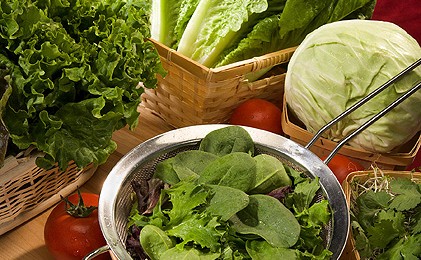
The mid-March freeze in 2022 hit the growers of many crops hard. One of these is Georgia’s production of greens. Clint Thompson posted a story in Specialty Crop Industry talking about how much their crops of turnip and other greens were affected by the low temperatures and brutal winds. You can read it at https://specialtycropindustry.com/march-freeze-wipes-out-georgia-farmers-greens-production/.
-
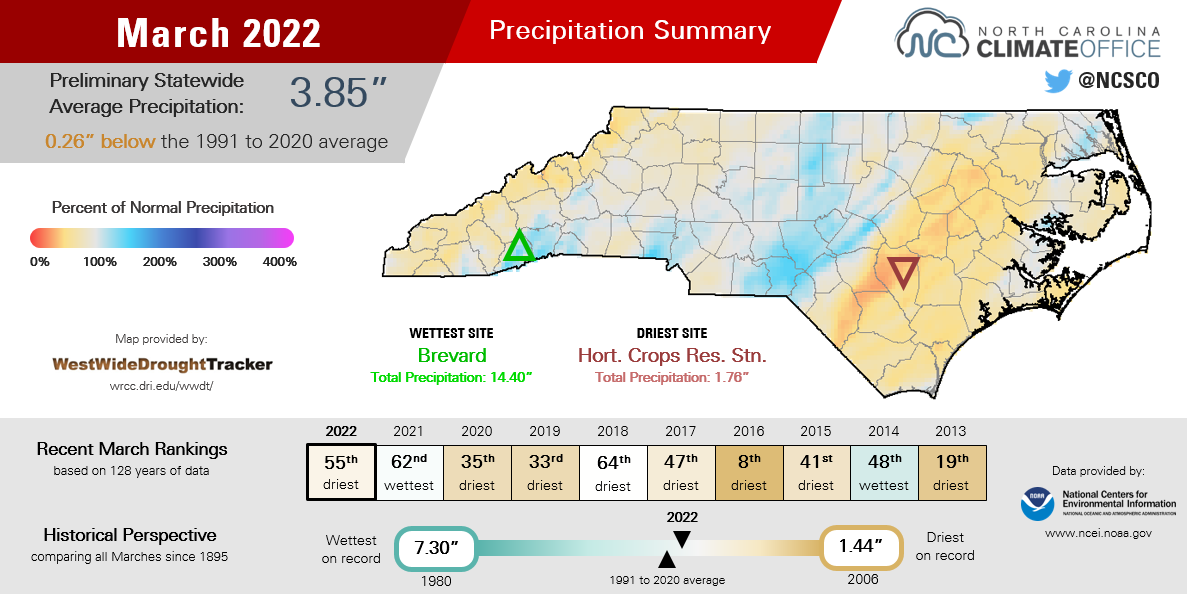
The latest monthly climate summary for March 2022 is now available from the North Carolina State Climaet Office. You can read it at https://climate.ncsu.edu/blog/2022/04/drought-sprouts-at-the-coast-as-spring-takes-root-in-march/.
Posted in: Climate summaries -
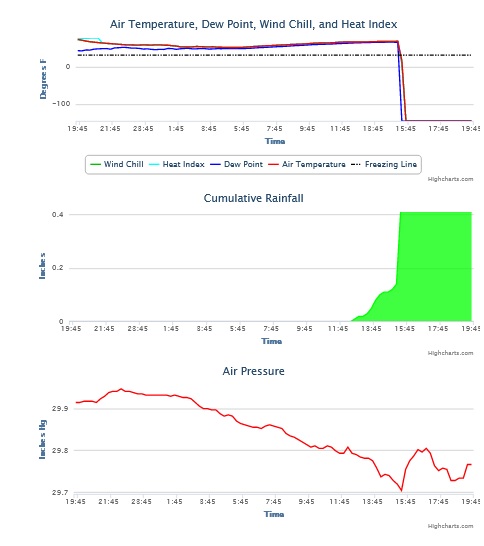
If you live in the Southeast, you know that today, April 5, 2022, was a day that had a lot of severe weather action. I watched the radar and our University of Georgia weather network today to keep an eye on what was happening. I noticed in late afternoon that our station southeast of Byromville…
-

While most of the Southeast is not currently in a drought, dry conditions and drought are a natural part of climate, so it is not surprising that droughts are currently affecting other parts of the world now. Here are some recent stories on drought I have read that may interest you. National Geographic: The drought…
-

Increases in temperature over time have many different impacts on plants and animals. Flowering plants and trees are blooming earlier, which may cause problems for commercial fruit production because the early bloom makes the plants more vulnerable to a late frost, for one example. This is a problem when one change, such as the migration…
-
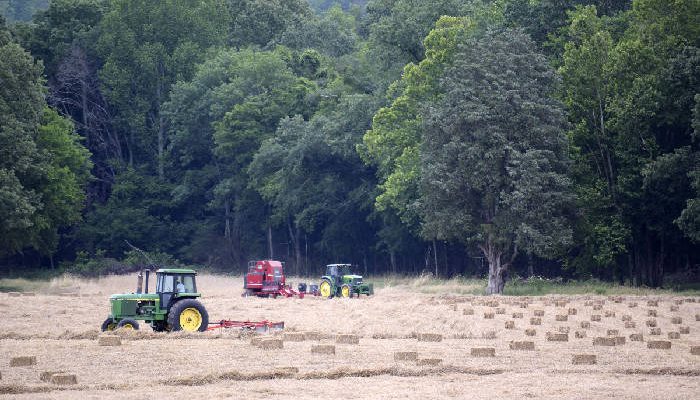
A recent study published in Nature Communications by scientists from Texas and Hong Kong described new research on how fast flash droughts can develop. “Flash droughts” are primarily driven by little rain combined with high temperatures and mainly affect agriculture because of the plants’ needs for regular infusions of water. According to an article in…
-
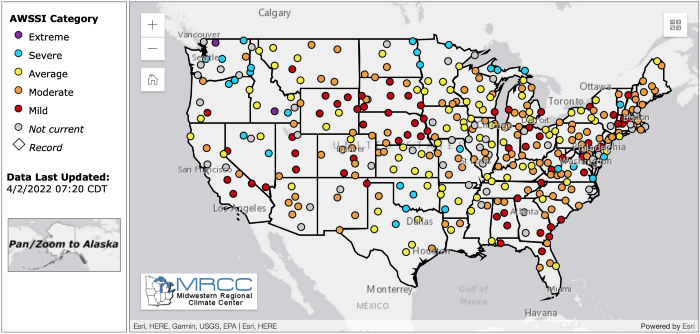
According to meteorologist Barb Mayes Boustead, the Accumulated Winter Season Severity Index, or AWSSI (pronounced like “Aussie”), which she developed, tallies a “score” throughout the winter season based on temperatures, snowfall, and snowpack on the ground. According to this year’s map, most of the Southeast was categorized as mild or moderate, with limited winter weather.…
Posted in: Climate and Ag in the news